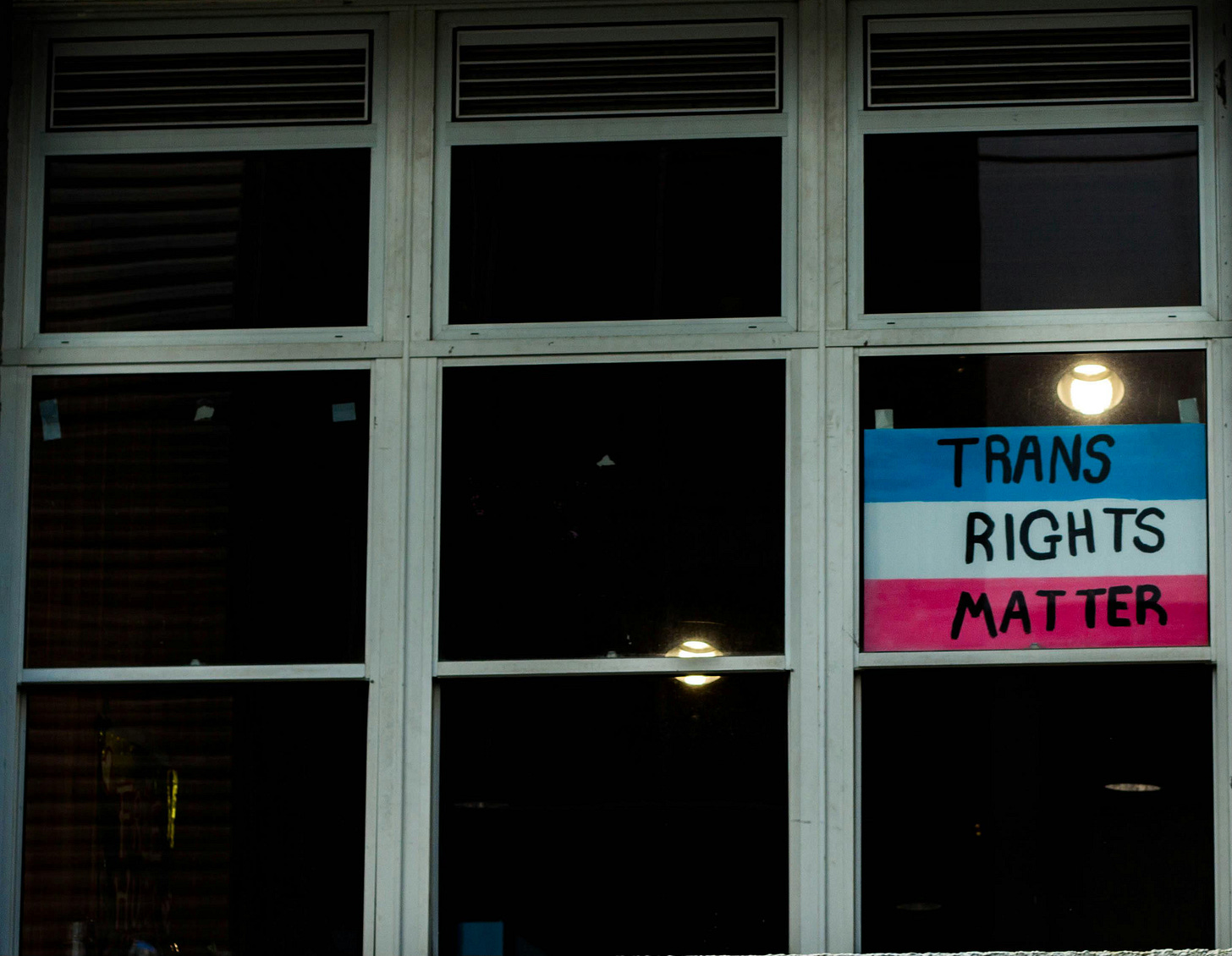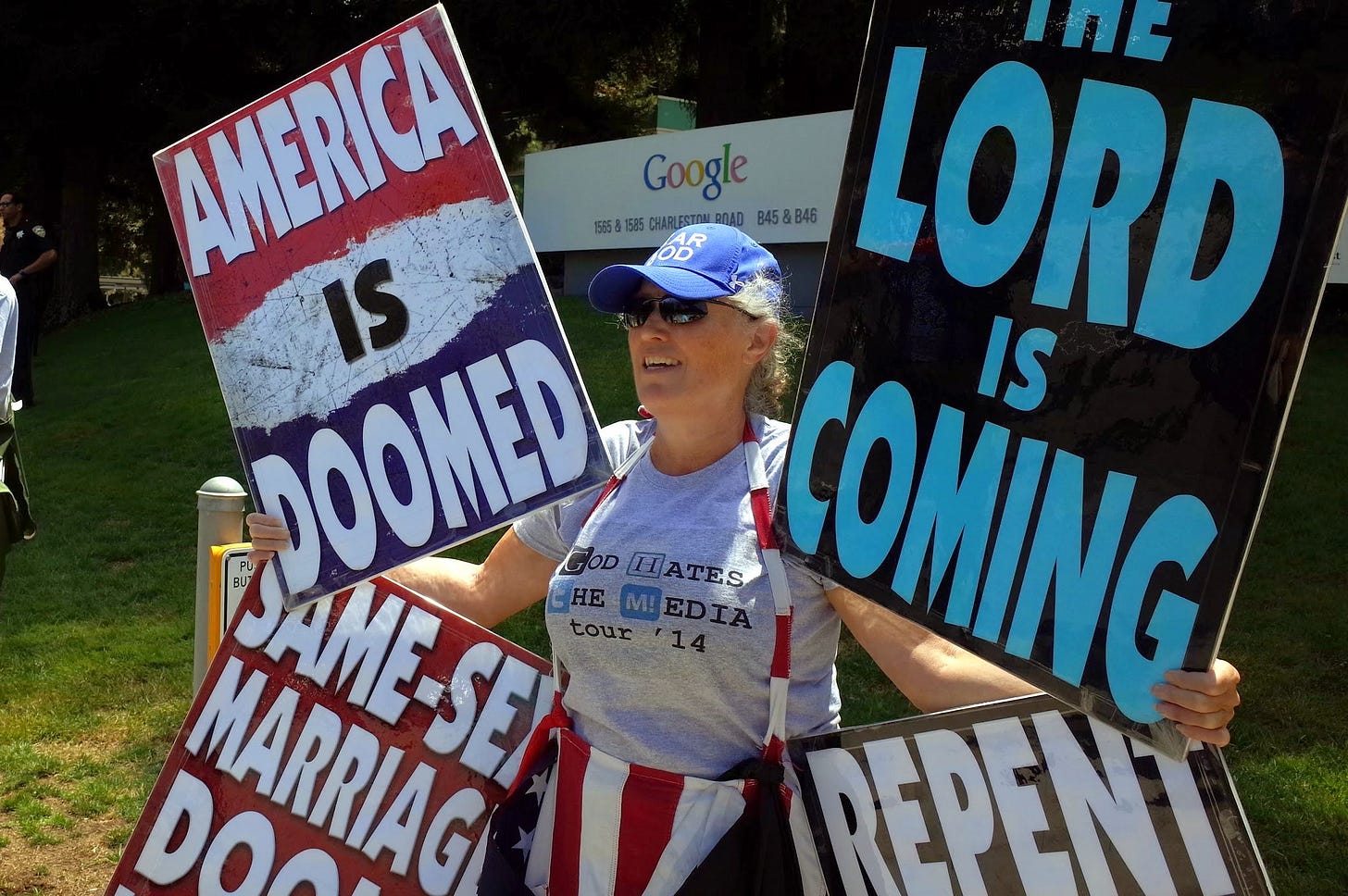Opinion: It’s Not Homophobia. It’s Homopathia.
Homophobia Was Never the Right Word. Here’s What We Should Say Instead.
Opinion by: Friendo Media Editorial Staff
Every June, corporate America dusts off its rainbow logos and offers the queer community a plastic smile. Meanwhile, in school board meetings, state legislatures, and extremist podcasts, a different message blares: we are to be erased. Not feared—eradicated. Not misunderstood—hunted. And yet, in mainstream media and polite society, we still reach for the same tired label: “homophobia.” As if what we’re facing is a quirk. A fear. A phobia.
Let us be clear. This is not fear. It is hatred, dressed up in Sunday best. It is projection with a gun. It is repression in a three-piece suit. And it’s time we name it for what it is.
We propose a new term: Homopathia.
Homopathia reframes what has too long been minimized. It’s not a phobia. It’s a pathology. Not a nervous discomfort, but a festering sickness of the soul. It names the source of anti-LGBTQ+ hatred not as ignorance, but as deep, corrosive self-loathing, violently displaced onto others. And let’s not pretend this is new. From the televangelist caught in a motel tryst to the red-state governor who can’t stop legislating against drag queens while liking gay thirst traps on a burner account, we’ve seen the pattern. We know it when we see it.
These are not men of faith. These are not women of conviction. These are cowards. Closeted, seething, terminally repressed cowards whose hatred of queer people is often a reflection of what they cannot accept in themselves.
It is not hyperbole to call this a war. It is being waged with policy, with pulpits, and with fists. And in a war like this, language is both sword and shield. We must stop using the oppressor’s vocabulary. We must stop dancing around hatred with words that excuse or soften it.
Because language has always been a battleground for queer people. In the 1940s, when a man asked if you were a “friend of Dorothy,” it was a matter of safety. Language kept us alive. Later, “coming out” transformed from an internal rite to a public act of resistance. We coined terms like “internalized homophobia” to name the violence we swallowed. We reclaimed slurs like “queer” and “dyke” not just to neutralize them, but to wear them like armor.
But now, our linguistic arsenal is lagging behind our enemies’ aggression. “Homophobia” is too weak a frame for book bans, bomb threats, and bathroom bills. “Phobia” is too gentle a diagnosis for hate preachers with microphones and militias. These people aren’t afraid. They’re sick. And they’re dangerous.
That’s Homopathia.
It is the pathological refusal to live and let live. It is the projection of unresolved identity crises onto the backs of trans kids. It is the twisted obsession with queer bodies, queer joy, queer love—because deep down, they want what we have. Freedom. Intimacy. Self-possession. And rather than confront their own rot, they burn down our lives.
Some of them will deny it. Fine. Let them. That’s part of the illness. The truly diseased never believe they’re sick. But if they’re so secure, so straight, so sanctified—why are they obsessed with us? Why do they stalk our parades, rewrite our history, legislate our genitals, monitor our classrooms, and scrutinize our art?
Because they are not strong. They are not moral. They are not whole.
And we, queer people, have always known how to read between the lines. We’ve always understood that words matter. That naming something is the first step to defeating it. So let’s name this moment correctly. Not a crisis of civility. Not a culture war. A sickness.
Let us be the diagnosticians of our own oppression.
Let us retire “homophobia” like the APA retired its old diagnosis of us. Let us say what this really is: a cultural pathology, a psychosexual disease. Homopathia.
And let’s say it with our chins up, not our heads bowed.
Let Pride Month mean more than rainbow capitalism and drag brunch. Let it be a reclamation. Of space. Of safety. Of narrative. Let it be a reminder that the closet kills—and not just the people inside it. Sometimes, the most dangerous thing in America is a repressed man with power, projection, and a political agenda.
We’ve been labeled, dissected, slandered, and silenced. But never again will we let our enemies choose the words.
We are done being defined by fear. It’s time to define the disease.
We name you now: Homopaths.
You are the virus. We are the cure.




